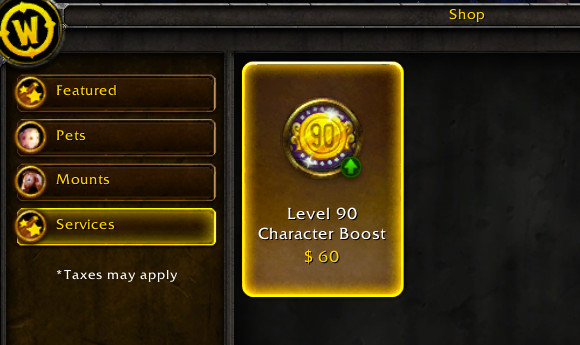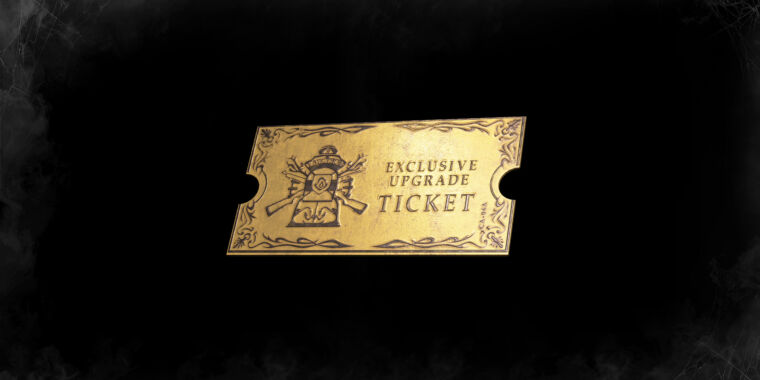Capcom surprised fans of the recently released Resident Evil 4 remake over the weekend by adding a timed, score-focused Mercenaries mode as a piece of free DLC. But that DLC also comes with an addition that might seem out of place for the single-player title: microtransaction power-ups.
RE4 players can now purchase a variety of “Resident Evil 4 Weapon Exclusive Upgrade Tickets” on Steam at a price of $2.99 for one or in bundles of up to $9.99 for five. In exchange for this payment, players can “have access to a weapon’s exclusive upgrade at any time, regardless of the weapon’s level. Not only that, but once unlocked, the upgrade itself is free of charge!”
These same weapon upgrade tickets can be earned without spending real money by using earned in-game currency or fully leveling up a weapon’s stats through gameplay. With this new DLC, though, Capcom is apparently hoping many players will want to pay to avoid the grind and blaze through the game’s challenges with the most powerful weapons available.
What are you selling?
These kinds of optional skip-the-grind paid upgrades aren’t exactly new to the gaming world, especially in online titles. In 2014, World of Warcraft started offering a $60 “Level 90 character boost” for players who wanted to skip spending hours killing digital beasts for experience points. In 2015, Payday 2-maker Starbreeze Studios added stat boosts to the tradable skins players got from paid loot box DLC. And GTA Online players using real money to buy fake money has been a major cash cow for publisher Take-Two for years now.

That’s only 67 cents per level. ORDER NOW!
Even in single-player games, though, publishers have sometimes taken to selling the “benefit” of letting players avoid the need to play the game to unlock the best digital loot. Capcom’s own Resident Evil Village sells a “Survival Resources Pack” bundle of in-game items for 99 cents, and the Resident Evil 2 remake lets players pay an extra $4.99 to unlock all in-game rewards.
Still, the addition of this kind of paid upgrade in Resident Evil 4 has us longing for the days when “instant unlock” abilities came as free cheat codes instead of paid DLC. Gamers of a certain age undoubtedly have fond memories of using a quick “idkfa” to get more powerful in Doom or using SimCity 2000‘s “infinite money” code to quickly construct the metropolis of their dreams without worrying about attracting a solid tax base first.
When it comes to single-player games, these kinds of fun, sandbox-style features should be considered a core part of the experience, not something the publisher monetizes through nickel-and-dime DLC. In today’s gaming world, though, if people are willing to pay to skip the most annoying, grindy parts of a game, publishers like Capcom will keep offering them the option to do so.
